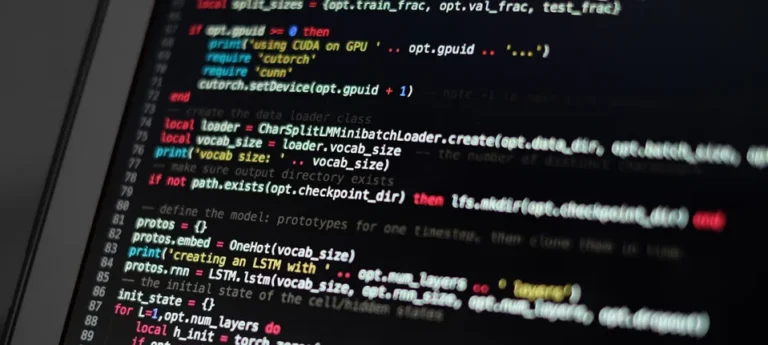The COPIED ACT is a bipartisan initiative to combat and monitor the proliferation of AI content and deepfakes.
A bill introduced by three US senators seeks to safeguard the creative output of journalists, musicians, and artists while limiting the use of deepfakes and AI-generated content. On Friday morning, the Senate received a bill known as the Content Original Protection and Integrity from Edited and Deepfaked Media (COPIED) Act. According to a news release from Blackburn’s office, the bill is a bipartisan initiative approved by Sens. Martin Heinrich (D-N.M.), Maria Cantwell (D-Wash.), and Marsha Blackburn (R-Tenn.). According to the news release, the COPIED ACT would establish transparency standards for “content provenance information, watermarking, and synthetic content identification” through the National Institutes of Standards and Technology (NIST). Additionally, the law would forbid using journalistic or creative content without permission to develop AI models or other artificial intelligence products. Individuals who had their legally created content used by AI to create new content without their consent or proper compensation would also have the right to take those companies or entities to court. The Federal Trade Commission and state attorneys general would also gain the authority to enforce these guidelines. The law would even go so far as to make it illegal for social media firms, search engines, and internet platforms to alter or remove information about the provenance of content. Numerous advocacy groups for journalism and content have already expressed their support for the COPIED Act’s passage into law. They include groups like SAG-AFTRA, the Recording Industry Association of America, the National Association of Broadcasters, the Songwriters Guild of America and the National Newspaper Association. This is not the Senate’s first attempt to develop standards and laws for the expanding usage of AI material and it likely won’t be the last. In April, Rep. Adam Schiff (D-Calif.) proposed a measure dubbed the Generative AI Copyright Disclosure Act that would oblige AI businesses to declare their copyrighted sources in their datasets. The bill has not proceeded out of the House Committee on the Judiciary since its introduction, according to Senate records.

